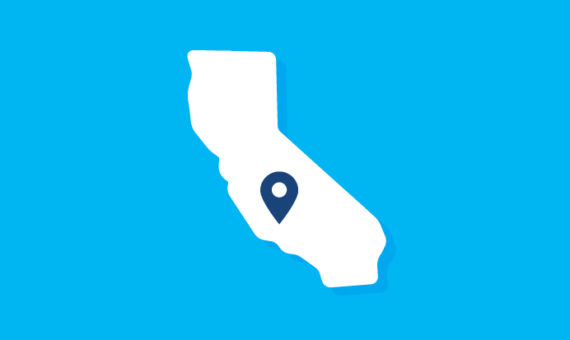Like many things in life, a good career requires planning. Ideally, this planning begins as early as possible for students. A growing body of research supports the importance of providing career-connected learning experiences for younger learners to help them develop a positive self-concept of their occupational prospects. When students are given space and time to understand themselves and their preferences, and then given the opportunity to explore the career options that match their passions and interests, they become career ready.
What does it mean for high school students to be career ready?
Career readiness is a standard set by the National Governor’s Association Center for Best Practices and the Council of Chief State School Officers intended to help students reach proficiency in certain skills so they are prepared to successfully enter the workforce. To be “career ready” means to graduate high school with the English and math skills necessary to qualify for the next step—whether that’s college or another path—toward a meaningful and fulfilling career.
But what does career readiness actually look like?
At some schools, career readiness is centered on having students take career assessments, which are tests that help them tease out their likes and dislikes to better inform their career decision-making processes. These assessments are valuable because they help teachers gauge where students are in terms of their career readiness progress, and they help students who are uncertain about their future prospects begin to gain a clearer understanding of potential paths.
PowerSchool Naviance CCLR offers several self-discovery tools for students, including Gallup’s Clifton StrengthsExplorer®, Career Interest Profiler, Career Key, and AchieveWorks assessments. The AchieveWorks skills assessment measures five “soft skills” to show students their aptitude in certain areas, including:
- Conscientiousness
- Creativity
- Critical thinking
- Leadership
- Social and emotional development
The goal of the assessment is to help students think about careers that align with their proficiencies and interests and encourage them to think about job prospects they might not have yet considered.
The importance of helping students self-reflect to find direction
Students can get easily overwhelmed when they start researching the variety of career paths available to them. They’re often reassured to hear that how they’ve chosen to spend their time throughout their secondary education is a good indicator of their interests.
With the resume builder feature in Naviance, students can list their various extracurricular activities, volunteer work, internships, jobs, leadership positions, and anything else they think is worthy to highlight about their experience. When students see their work represented holistically in the resume, it’s easier for them to identify trends. After they’ve listed their work experience, ask them to list any patterns they see by asking questions such as:
- Do they prefer working with data over working with people?
- Do they enjoy leading a group, or do they prefer to find satisfaction in being a contributing member of a community?
- Do they tend to choose social justice work, or are they more interested in business?
- Do they like to be creative and innovative, or do they prefer opportunities where procedures are clearly established?
Putting self-reflection in action: determining a future course
Once students have a clearer sense of what their future may hold, they can begin researching what they need to get there. Does the career require certain educational degrees or certifications? Does the career require taking a standardized test? Does the career require internship experience or supervised practice hours?
With the new college profile pages in Naviance, students can begin identifying best-match opportunities by selecting schools that offer the necessary coursework for their chosen career path. With the YouVisit feature, they can enjoy a virtual tour of the campus without ever having to leave their desk chair, which helps minimize the equity gap for students who can’t travel to the school.
5 career readiness skills for students to master
To meet college and career readiness standards and to thrive post-graduation, it’s important to have mastered several skills. Here are five career readiness skills that are essential in fostering a successful career path:
- Written and oral communication
Whether it’s a college essay, an interview, or a thank-you note to a future employer, written and oral communication are crucial to the career readiness process. Students must be able to articulate their thoughts, listen with intent, and write clearly. - Leadership capabilities
Not every worker will become a manager or CEO, but knowing how to be a leader is important. Students must be able to envision what’s possible, motivate themselves and others, and understand the value of empowering others. - Teamwork and collaboration
There is no college or job without teamwork and collaboration. Whether they end up in a lecture hall or a lab, a dorm room or a boardroom, students must be able to work as part of a team and appreciate the give-and-take that is crucial to the learning process and the exchange of ideas. - Problem-solving skills
At some point, everyone will be faced with problems in their careers. Students must learn to navigate difficult situations and weigh options to come up with solutions that are smart, equitable, and efficient. - Work ethic
Having a strong work ethic will serve students well in their careers. Employers look for workers who are conscientious, considerate, attentive to details, and respectful of timelines and the bigger picture.
As you work with your students to help them develop and perfect these skills, try incorporating some career exploration activities in the classroom. Tools like Naviance are also effective in helping teachers, parents, and students track progress and set goals.
Take the CCLR Assessment
How well are you preparing your students for postsecondary success? Assess the efficacy of your school/district’s college, career, and life readiness programming now.
Take the Assessment Now


